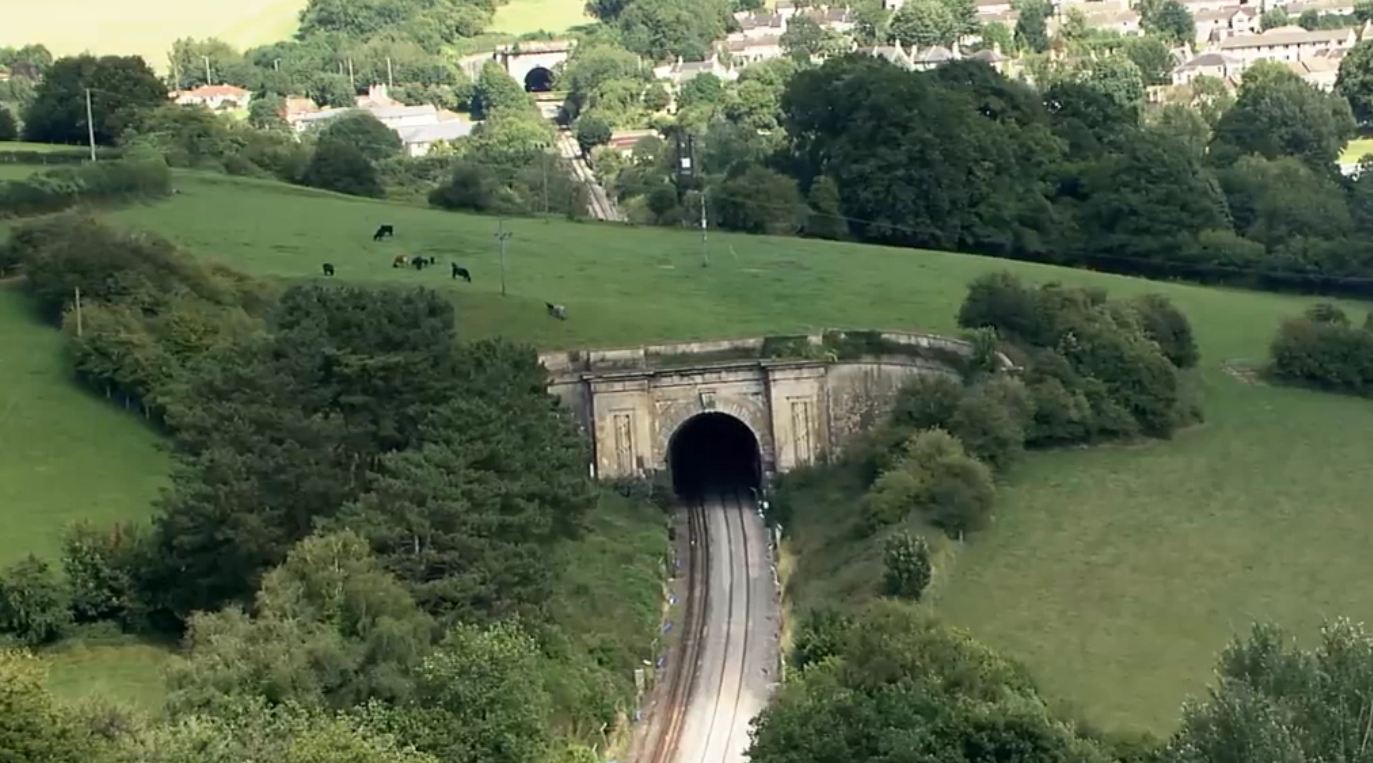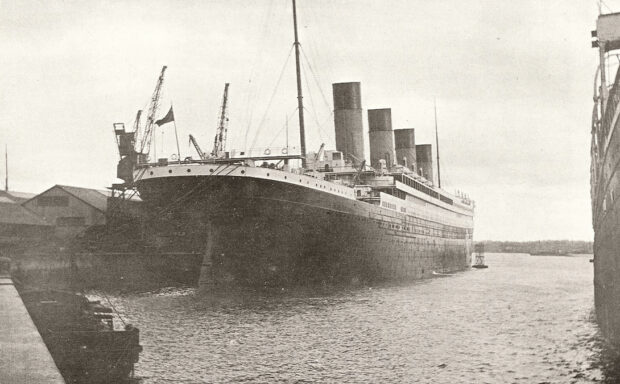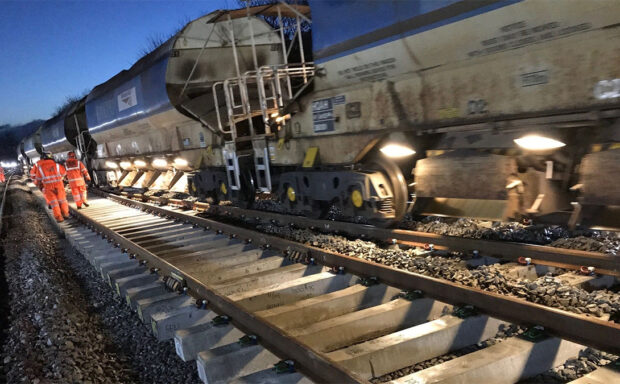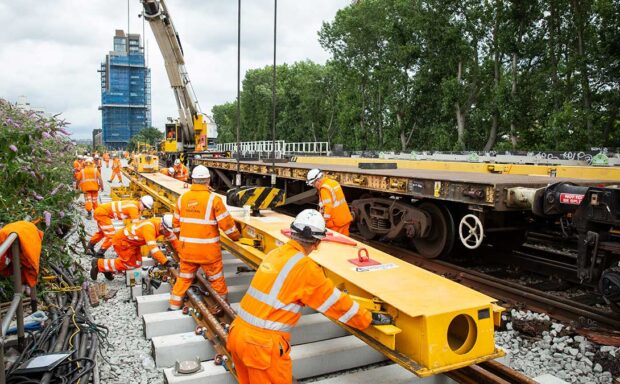The Box Tunnel in Wiltshire is one of our finest Victorian structures. It’s also one of the railway’s greatest triumphs.
Once completed, it inspired short stories and poems, cementing itself in the minds of the Victorian public as a marvel of the age.
Yet there would come backlash. It was labelled as ruinously extravagant. The media publicised its virtues but also reported on the fears of the public, who were terrified about travelling through the subterranean darkness.
There was also a large human cost to its ambitious construction, with more than 100 deaths occurring during the project.
Inside, the site smelt of smoke and gunpowder. The dark and dim vault filled with clouds of vapour and only feeble candlelight saved it from utter blackness.
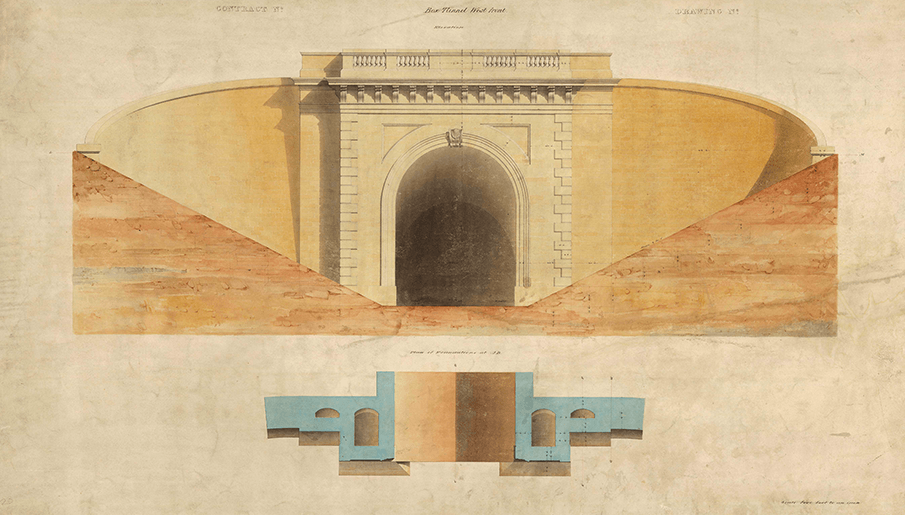
Its designer, Isambard Kingdom Brunel, achieved the impossible at Box despite the harsh working conditions, tragic deaths and controversy.
With it, he pushed the boundaries of engineering and created one of the world’s most iconic examples of tunnel design.
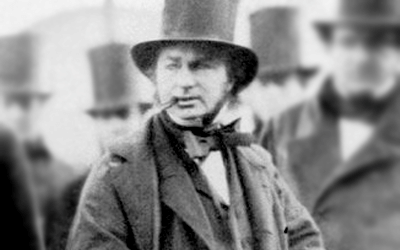
Box Tunnel in numbers
- One tonne of candles needed each week so the workers could see inside the tunnel
- One tonne of explosives a week to blast through the earth
- Less than two inches – the difference of alignment when the two ends of the tunnel from the east and west sides of Box Hill met in the middle
- 4,000 – the number of men needed to finish its construction after the project missed its deadline
- More than 100 – deaths during the project
- 300ft – the depth of the deepest shafts dug inside the tunnel (about 100ft taller than York Minster)
- More than 20 million – the bricks it took to build
Video: the Box Tunnel in Wiltshire
Click below for the extraordinary history of the Box Tunnel
Read more:
What’s a Main Line? Rail history explained
Incredible Stephenson railway history rediscovered
